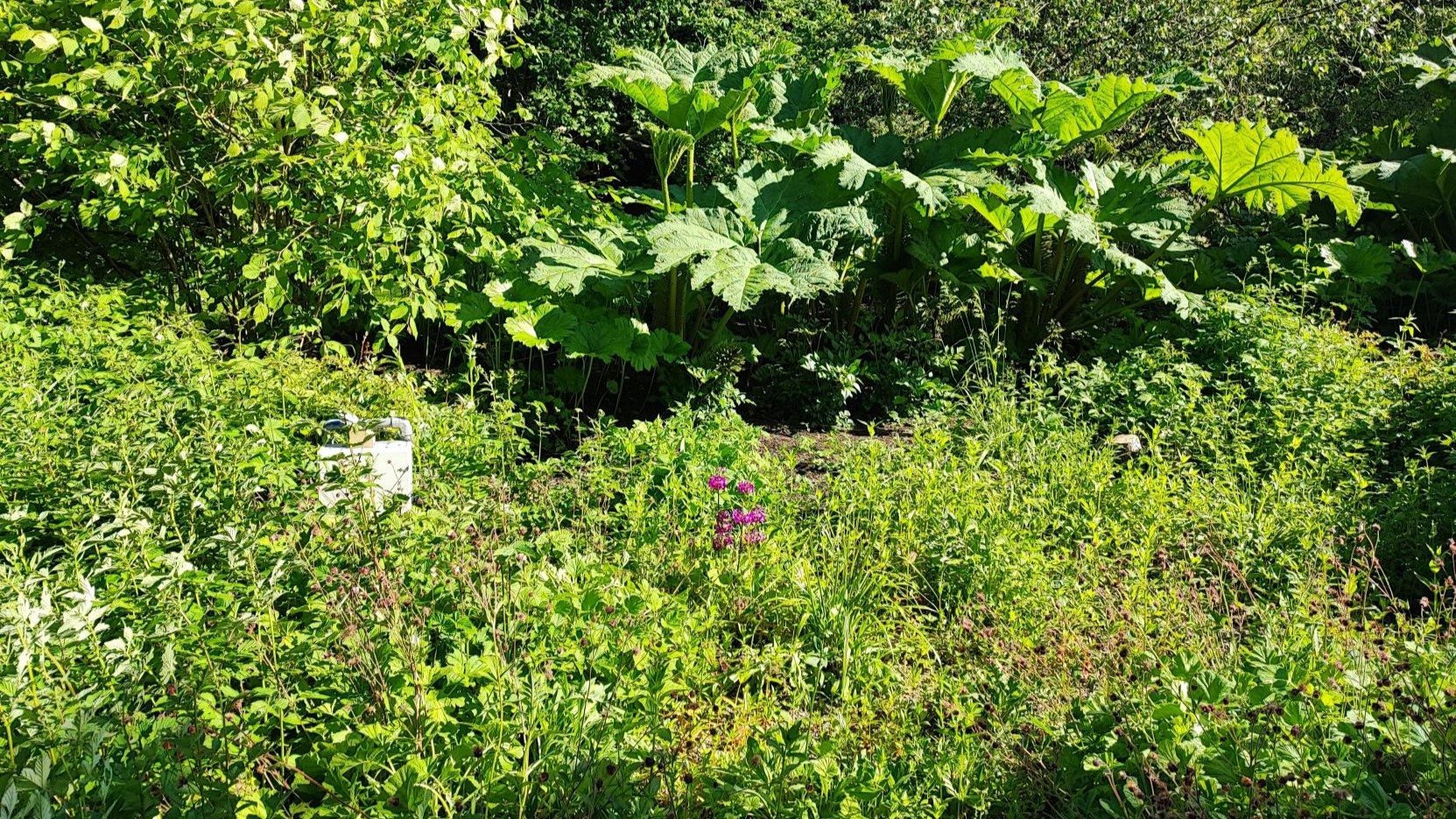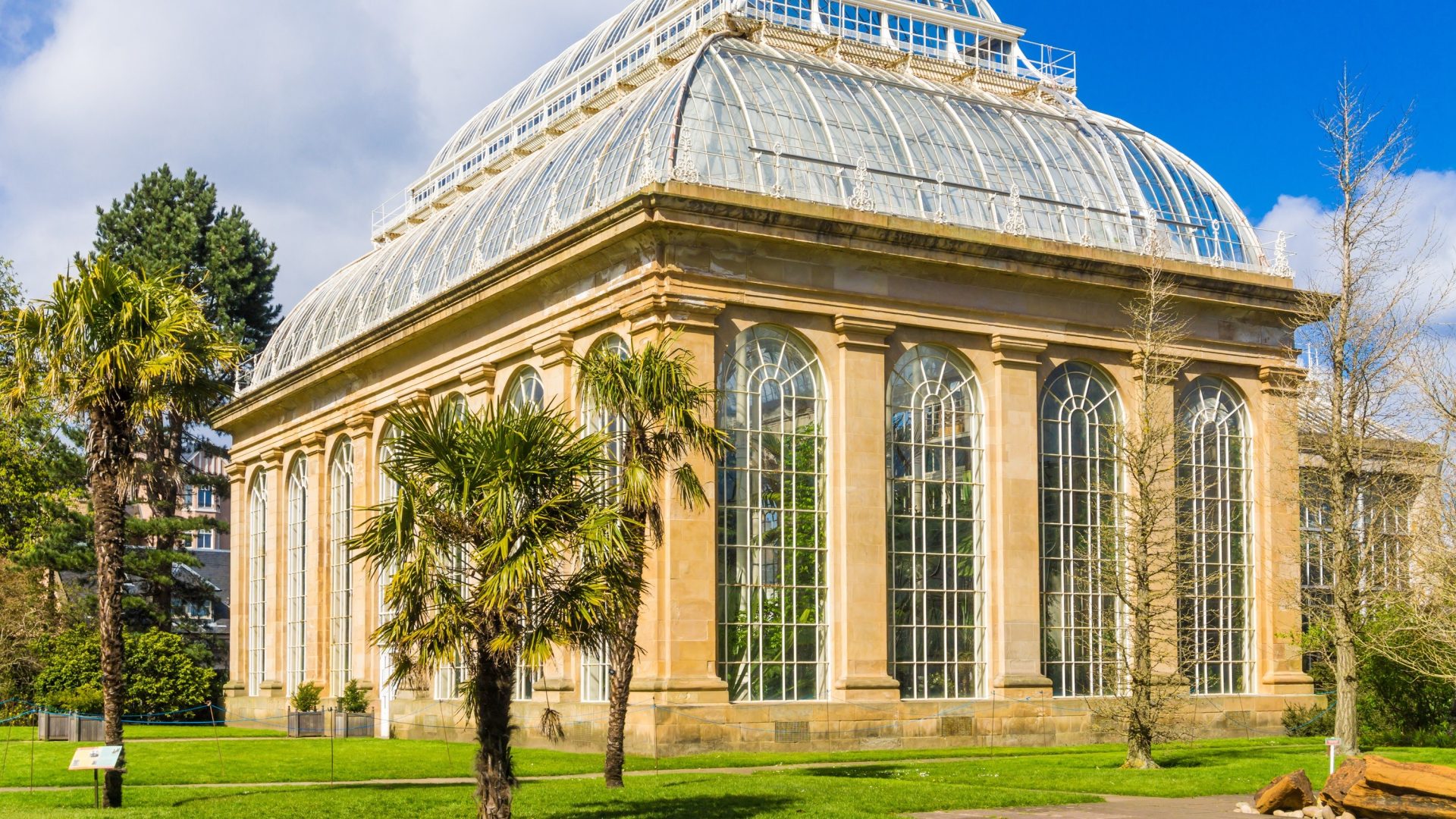“It was enough to make one want to murder every engineer on the face of the earth!” exclaims the disaffected protagonist of Emile Zola’s novel, The Masterpiece. The locus of artist Claude Lantier’s ire is a new river barrage on the Seine that has raised the water level, submerging his favourite beauty spots at Bennecourt.
This statement is brought into starker relief for the reader on learning that Zola’s own father was a celebrated civil engineer, authorised by the government to build a dam across the Infernets gorge near Zola’s hometown, Aix-en-Provence. The author’s biographer Frederick Brown writes that this “would channel the water though the perennially drought-stricken countryside below,” but Zola senior died before the project completed.
The conflict of human ‘progress’ with nature – and potentially the mourned father with his son – is no less pertinent to our own times than to those of the late nineteenth century. Much of Europe, including the UK, is reckoning with the legacy of ageing infrastructure, outdated wastewater systems and a depleted natural environment.
Lantier’s fury at dam engineers can be squared with the anger of the public about river pollution in our own times, and there is catharsis in imagining an undoing of historical harms. Initiatives that restore ecosystems and increase biodiversity, in laymen terms – nature, would certainly have won his approval, and perhaps that of his creator.
Claude Lantier may have been heartened by an inspiring report from the Dam Removal Europe coalition in May – that some 487 redundant dams in 15 countries were removed in 2023, an increase of 50% on the previous year.
Nature-based solutions (NBS) are on the lips of many UK utilities and consultancies as an effective way of managing excess stormwater in urban environments. I was delighted to be part of a tour of the new raingarden in Edinburgh’s Royal Botanic Gardens during BlueTech Forum – which I’m pleased to say we saw in bright sunshine.
A range of installations is being used for research into urban flood management, in a partnership with Scottish Water. Having witnessed one in the wild, I would like to start the rebrand of these powerful systems with ‘nature-boost solutions’, which could be a huge win in the eyes of an Attenborough-attuned public.
Systems that bank and treat water, and prevent flooding, are highly desirable as we seek to mitigate climate change, but communicating this to the public is essential if projects are to be successfully delivered. Flourishing habitats, and providing people and wildlife with more green spaces and opportunities to refresh and reconnect, is the most tangible attraction of NBS.

A more advanced campaign to hone language around environmental dialogues is #WeAreNature, which seeks to include humans in dictionary definitions of the word ‘nature’. The antiquated Collins Concise dictionary definition reads, “Plant and animal life, as distinct from man.”
Lawyers for Nature and interiors brand House of Hackney, among others, aim to redress the balance, calling on UK dictionaries to update their entries for ‘nature’ to include humans.
It is time for a rethink, and everyone in water can adopt this new language and update their own definitions and legacy approaches to people, infrastructure, nature and the environment.
As House of Hackney co-founder Frieda Gormley says:
“We have forgotten our connection to the natural world – that we are part of nature and that we need nature – but within this is a story of hope. We are witnessing the rising of a collective remembrance and yearning to reconnect, and this is just the beginning.”



